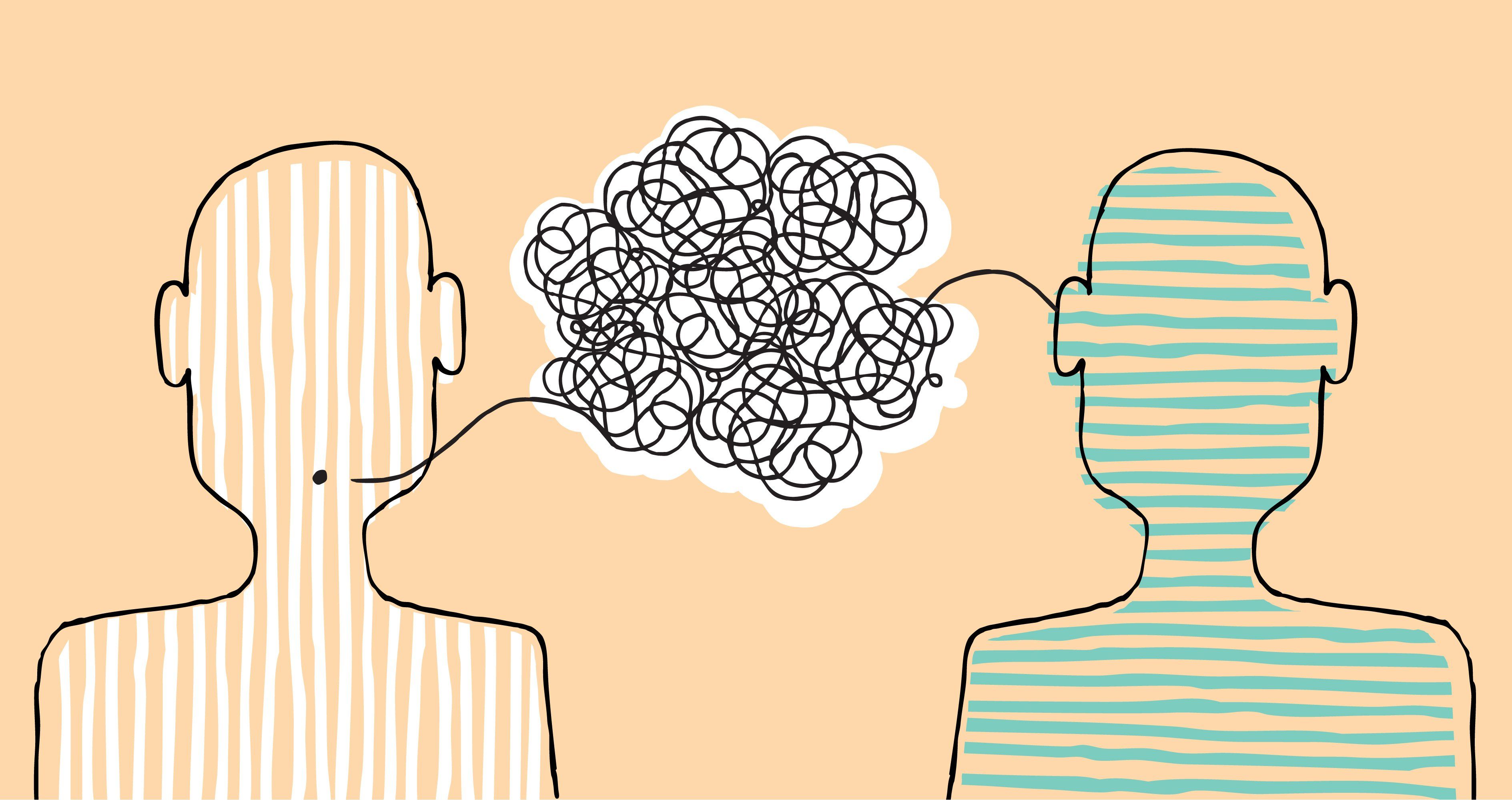Article
“Please take your shoes and socks off”
One of the great things about medicine is that you interact with all kinds of people every day. Male, female, young, old, people of different ethnic backgrounds and economic status. These interactions can be moving, challenging or funny, but some can be frustrating. Here are examples of some of my patient encounters which serve as reminders of how essential patient education is in clinical practice.
(©DiegoSchtutman,Shutterstock.com)

Dr. Young

One of the great things about medicine is that you interact with all kinds of people every day. Male, female, young, old, people of different ethnic backgrounds and economic status. These interactions can be moving, challenging or funny, but some can be frustrating. Here are examples of some of my patient encounters which serve as reminders of how essential patient education is in clinical practice.
"Please take your shoes off"
Me: Please take your shoes and socks off (even though there are signs that say, “If you have diabetes, please remove your shoes and socks so we may examine your feet.”)
Patient: Both of them?
Me: Just the ones you don’t want amputated.
Patient takes one shoe off while I wait.
Me: I meant take them both off.
Many patients are unaware that diabetes is the leading cause of non-traumatic amputations in the U.S., as well as the leading cause of blindness and dialysis. It is important for them (and us) to look for early signs of damage so that we can prevent progression.
-Next page: "Have you been taking your pills every day?"
"Have you been taking your pills every day?"
Me: So, have you been taking your pills every day?
Patient: Yes.
Me: All of them?
Patient: Yes
Me: There wasn’t a time when you ran out? You didn’t skip any?
Patient: No, I take them every day.
Me: Oh, OK. Because your Hba1c went from 6.9 to 8.3.
Patient: Oh yeah, I stopped pill number four months ago.
Patients are on many medications-several for diabetes itself, then more for hypertension and hyperlipidemia. Medications can be discontinued for a number of reasons: Cost, side effects or even pill burden. Before we decide we need to add more drugs to the patient’s regimen, we need to make sure they are taking the medications listed on their chart.
-Next page: "How often are you checking your blood sugar?"
"How often are you checking your blood sugar?"
Me: How often are you checking your blood sugar?
Patient: Not as often as I should.
Me: Which means how often?
Patient: Not the four times a day you want me to.
Me: Which means how often?
Patient: Twice a day
Me (looking at meter download): There’s one blood sugar in the last two weeks, and that’s from today.
Patient: Oh, yeah, I’m not checking.
Self-monitoring of glucose is important. It gives patients immediate feedback on the effect of food, exercise, medication and illness on their glucose control. For physicians, it is necessary data so that we can better fine-tune their medication regimen. Patients sometimes say want they think we want to here, not the truth. We need accurate data in order to come up with sound treatment recommendations.
-Next page: "I can eat all the blueberries I want, right?"
"I can eat all the blueberries I want, right?"
Patient: So, I can eat all the blueberries I want, right?
Me: No, you can have blueberries, but not “all you want.”
Patient: Why? Aren’t they good for you?
Me: They do have vitamins, but they are sweet because they contain sugar.
Patient: Fruits have sugar!?
Me: They’re sweet aren’t they?
Too much of a good thing is bad. Very often patients eat foods they think are healthy and eat them in excess. Fruits provide fiber and vitamins but contain natural sugars. Whole-grain bread, for example, may have fiber and is better than overly refined white bread, but they are still carbs.
-Next page: "I can't lose weight no matter what I do."
"I can't lose weight no matter what I do."
Patient: I’m tired and I can’t lose weight no matter what I do.
Me: What are you doing?
Patient: I eat clean.
Me: I don’t know what that means. Are you dieting? Counting calories? Measuring portions?
Patient: No.
Me: Are you exercising?
Patient: Well, it’s not like I’m sitting around all day.
Me: But are you exercising?
Patient: No
Me: So, when you say “no matter what I do” you mean not dieting or exercising.
Patient: I think it’s my thyroid.
Lifestyle modification is essential for both weight loss and diabetes management. It requires conscientious decisions about food choicesand physical activity. Many patients point to factors outside of their control instead of adopting lifestyle modification.
-Next page: "I don't understand why my blood sugars are so high."
"I don't understand why my blood sugars are so high."
Patient: I don’t understand why my blood sugars are so high at lunch time.
Me: What do you eat for breakfast?
Patient: That’s just it, I don’t even eat a real breakfast.
Me: So, you don’t eat anything all morning?
Patient: No...just a bagel.
Patents often underestimate the carbohydrate or calorie content of the foods they eat. They think a bagel isn’t breakfast, a couple of sliders isn’t lunch and a flavored sweetened latte is “just a cup of coffee.” But nothing can be discounted, even a standard white bagel which at 51.1 grams of carbohydrates consumes 19 percent of a day’s daily carb intake.





